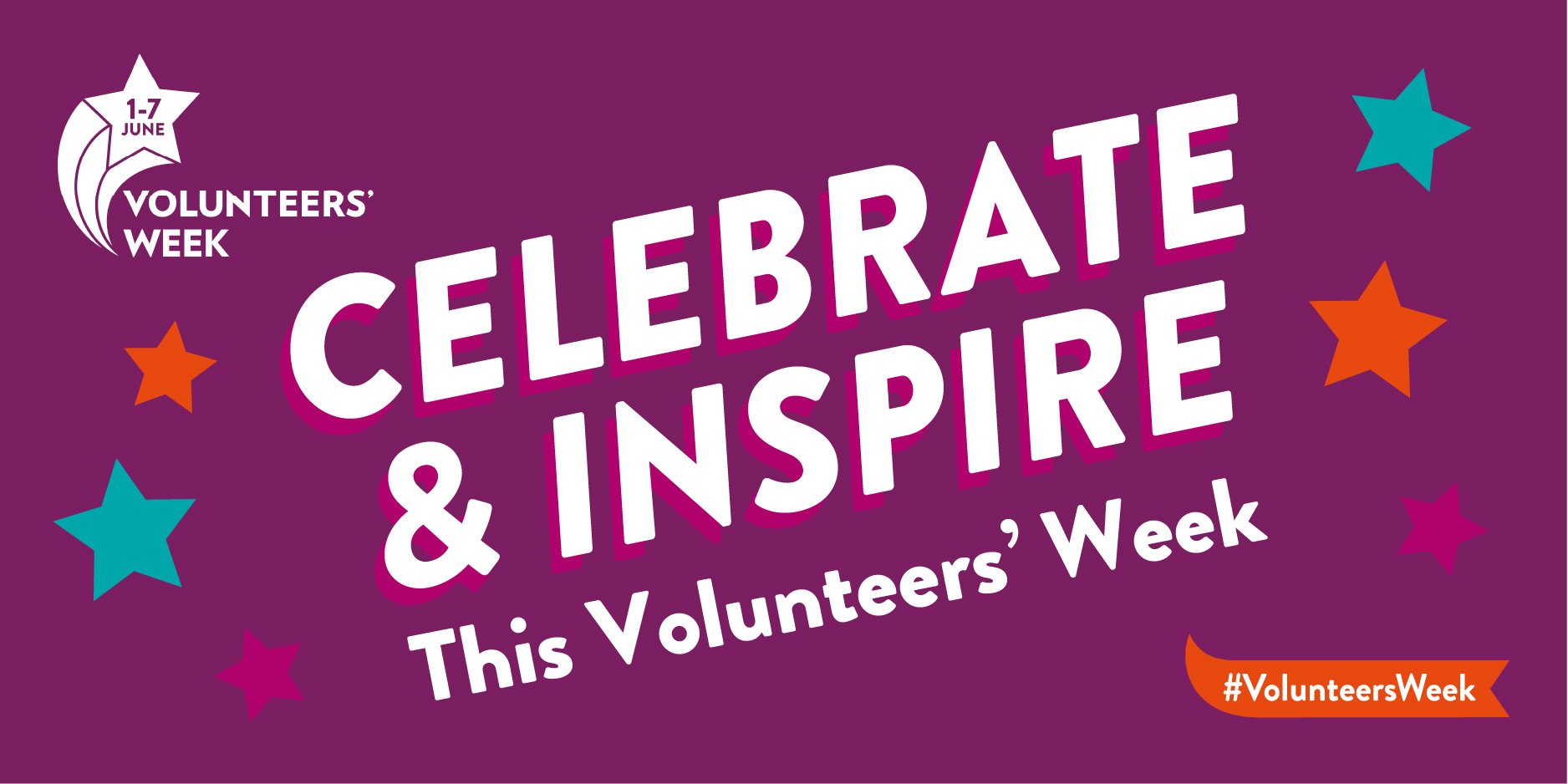SNP MSP Natalie Don has welcomed recent figures that show 5,233 affordable and social homes have been completed in Renfrewshire and Inverclyde since 2007 – with 845 completed in 2022/23 alone.
Statistics show that almost 10,500 low-cost ownership, mid-market rent, and social rent homes were completed across Scotland in the financial year 2022/23; bringing the total since SNP affordable housing programmes began in 2007 to over 122,200.
Scotland continues to lead the UK in affordable home provision. Between 2007/08 and 2021/22, the annual average supply of affordable housing per head of population in Scotland has been 13.9 homes per 10,000 population, higher than England (9.7 homes per 10,000 population), Wales (8.0), and Northern Ireland (12.7). The 10,458 affordable homes completed in Scotland in 2022/23 equates to a rate of 19.1 homes delivered per 10,000 population.
The SNP Scottish Government has also announced a further boost of £60 million to reduce the number of households living in temporary accommodation, supporting a national acquisition plan to increase the supply of social and affordable housing.
Welcoming the new figures, SNP MSP for Renfrewshire North & South, Natalie Don, said:
“As a result of bold action from the SNP Scottish Government, we can see more affordable and social housing in across the constituency. During this Tory Cost of Living Crisis, it is more important than ever that everyone can access warm, safe, and affordable accommodation to call home – which is why this Affordable Housing Supply Programme really matters.
“Last year alone, 845 high-quality affordable and social homes were built across Renfrewshire and Inverclyde, bringing the total of affordable home completion figure in these areas to 5,233 since 2007. This is supported by the Scottish Government’s five-year, £3.2 billion fund to accelerate affordable home provision, with the aim of delivering a further 110,000 affordable homes across Scotland by 2032.
“Whilst the decisions of the Tory UK Government continue to put pressure on Scottish households, and Labour offer nothing but regressive U-turns, the SNP is showing what progressive government looks like, getting on with the day job and building a new Scotland.”














